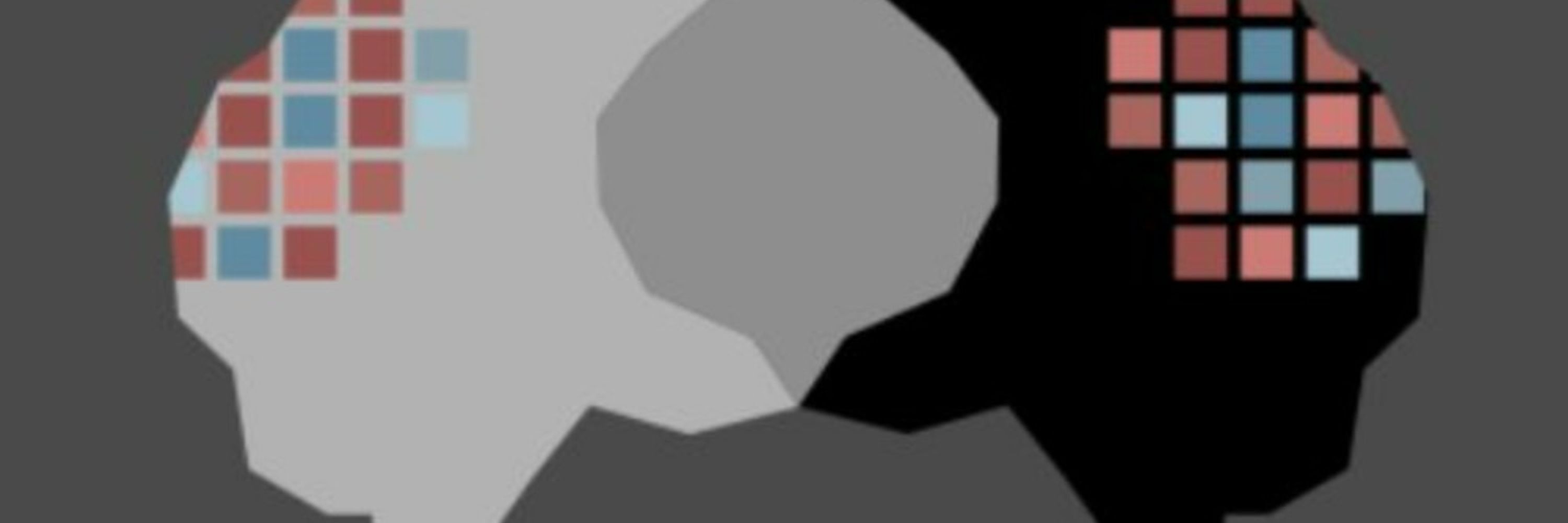
Led by: @dongwonoh.bsky.social
Paper: www.nature.com/articles/s41...
(1/6)

Led by: @dongwonoh.bsky.social
Paper: www.nature.com/articles/s41...
(1/6)
▪️cross-cultural & individual perceiver variation
▪️variation by targets' race/gender/groups
And makes novel predictions:
▪️"proximal" vs. "distal" traits in cascades (competent → intelligent → creative)
▪️earlier activation of putatively latent dimensions (7/8)
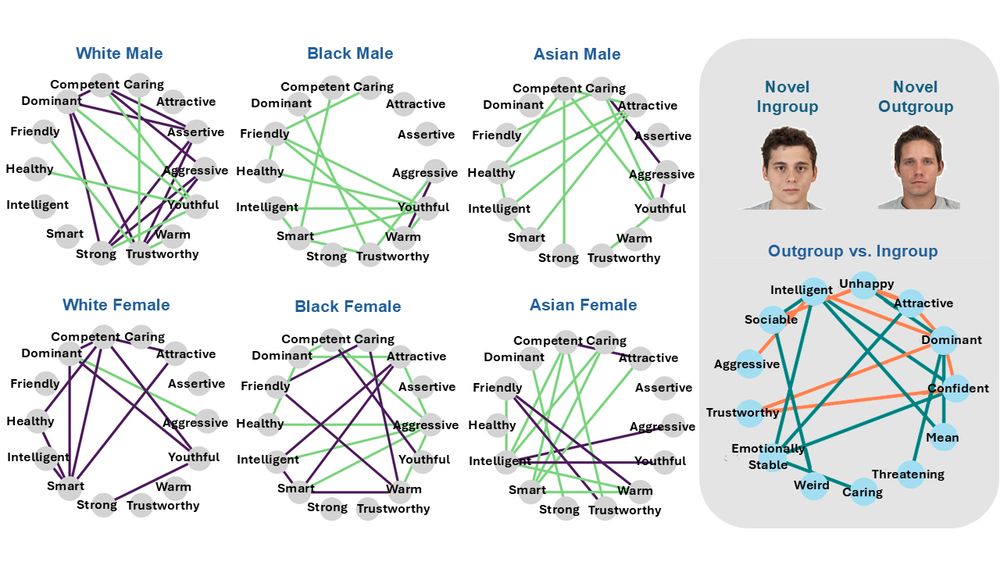
▪️cross-cultural & individual perceiver variation
▪️variation by targets' race/gender/groups
And makes novel predictions:
▪️"proximal" vs. "distal" traits in cascades (competent → intelligent → creative)
▪️earlier activation of putatively latent dimensions (7/8)
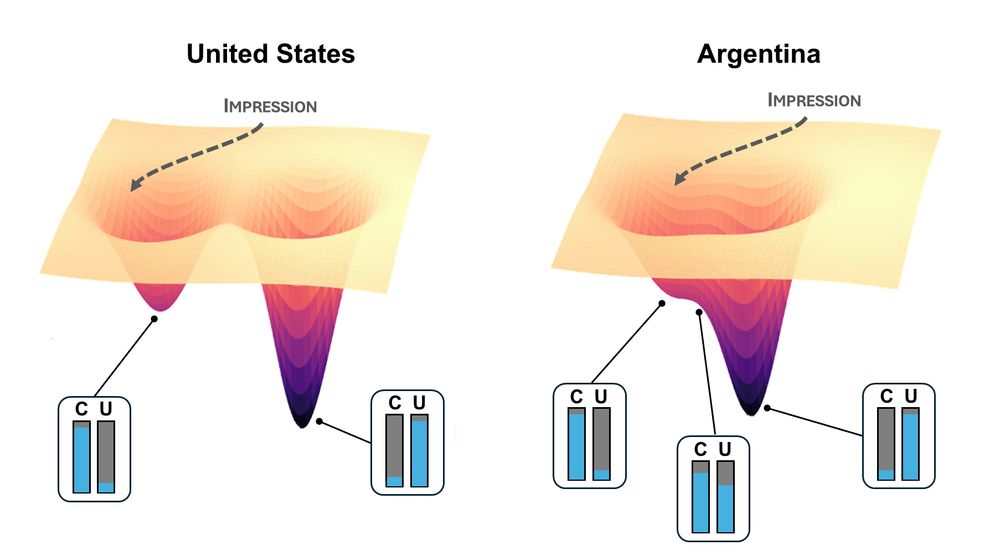
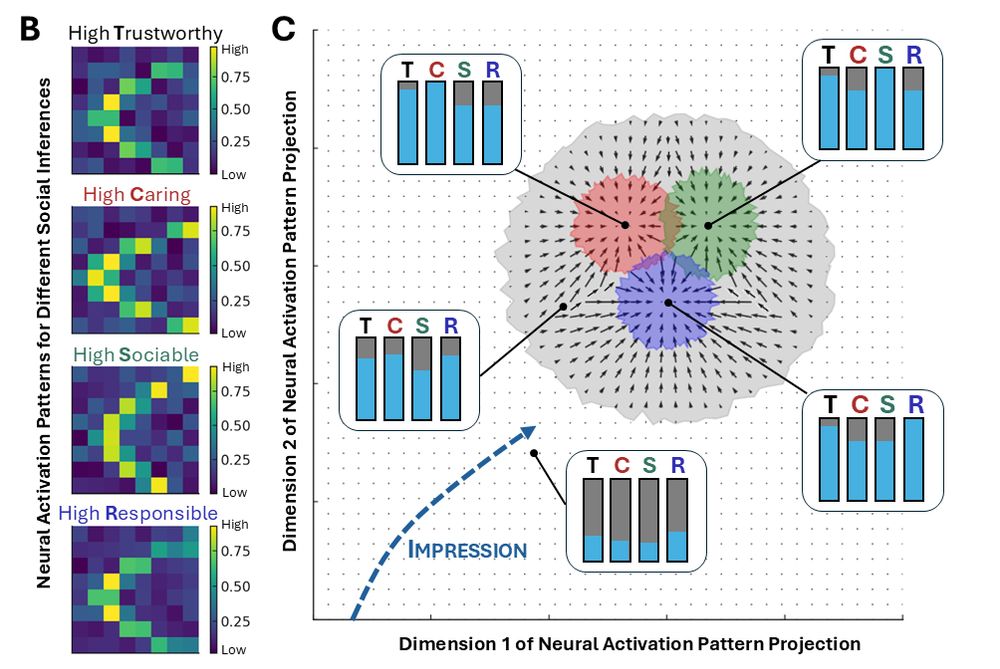
(3/8)
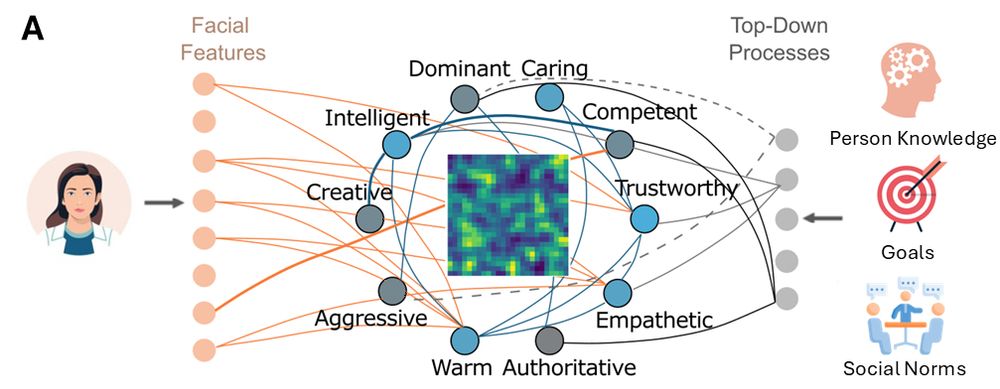
(3/8)

www.nsf.gov/updates-on-p...
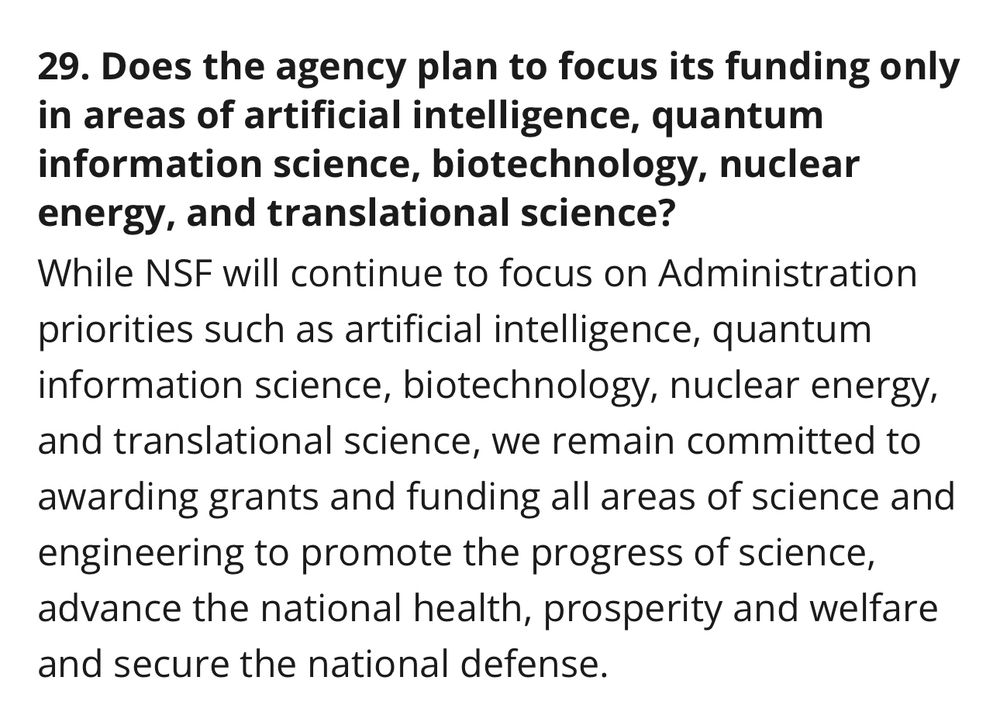
www.nsf.gov/updates-on-p...
We’re hiring a full-time research staff assistant at Columbia starting Fall 2025! The position will focus on several topics in the lab, including the cognitive & neural mechanisms underlying dynamic social perception using fMRI & natural language processing.
Link: freemanlab.org/ra2025
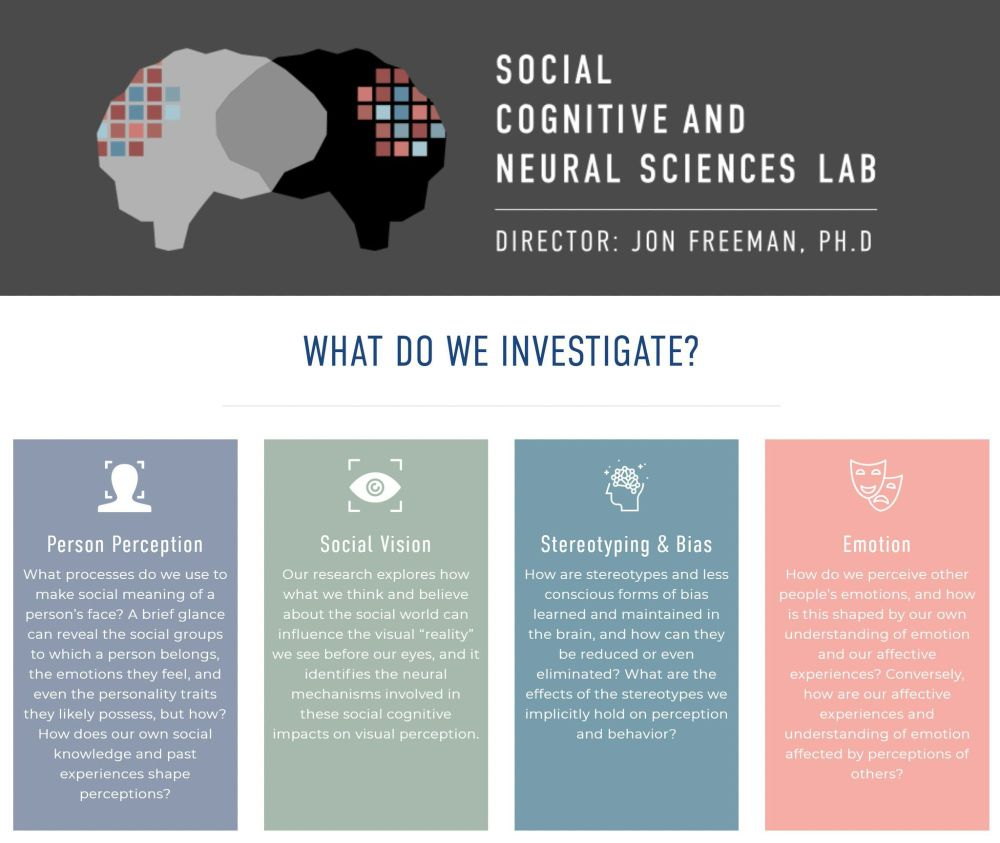
We’re hiring a full-time research staff assistant at Columbia starting Fall 2025! The position will focus on several topics in the lab, including the cognitive & neural mechanisms underlying dynamic social perception using fMRI & natural language processing.
Link: freemanlab.org/ra2025
cc @gabefajardo.bsky.social, @youngkihong.bsky.social, @samklein.bsky.social, Maryam Bin Meshar, John Andrew Chwe, Bastian Weitz

cc @gabefajardo.bsky.social, @youngkihong.bsky.social, @samklein.bsky.social, Maryam Bin Meshar, John Andrew Chwe, Bastian Weitz




Review begins Nov. 1: apply.interfolio.com/157376

Review begins Nov. 1: apply.interfolio.com/157376





@bxjaeger.bsky.social, we show that even in the presence of realistic, decision-relevant info, we can eliminate the bias (3/6)

@bxjaeger.bsky.social, we show that even in the presence of realistic, decision-relevant info, we can eliminate the bias (3/6)

Facial stereotypes (e.g., trustworthiness) lead to consequential biases in criminal sentencing, hiring, and politics. We show these biases can be eliminated via a training that dismantles the associations.
journals.sagepub.com/doi/abs/10.1... (1/6)

Facial stereotypes (e.g., trustworthiness) lead to consequential biases in criminal sentencing, hiring, and politics. We show these biases can be eliminated via a training that dismantles the associations.
journals.sagepub.com/doi/abs/10.1... (1/6)
Columbia is hiring a tenure-track faculty member in social psychology. Emphasis on multi-method expertise, e.g., computational approaches to studying social behavior, psychophysiology, big data, & other novel methods. Review begins October 1.
Come join us! apply.interfolio.com/131473

Columbia is hiring a tenure-track faculty member in social psychology. Emphasis on multi-method expertise, e.g., computational approaches to studying social behavior, psychophysiology, big data, & other novel methods. Review begins October 1.
Come join us! apply.interfolio.com/131473

